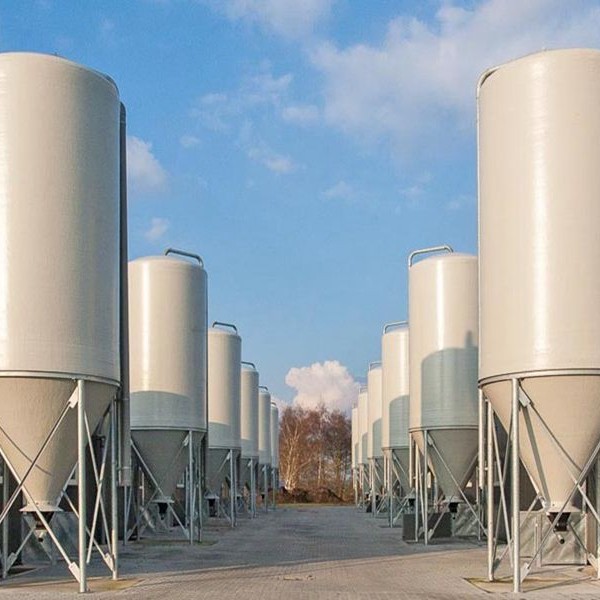
-
 Afrikaans
Afrikaans -
 Albanian
Albanian -
 Amharic
Amharic -
 Arabic
Arabic -
 Armenian
Armenian -
 Azerbaijani
Azerbaijani -
 Basque
Basque -
 Belarusian
Belarusian -
 Bengali
Bengali -
 Bosnian
Bosnian -
 Bulgarian
Bulgarian -
 Catalan
Catalan -
 Cebuano
Cebuano -
 China
China -
 China (Taiwan)
China (Taiwan) -
 Corsican
Corsican -
 Croatian
Croatian -
 Czech
Czech -
 Danish
Danish -
 Dutch
Dutch -
 English
English -
 Esperanto
Esperanto -
 Estonian
Estonian -
 Finnish
Finnish -
 French
French -
 Frisian
Frisian -
 Galician
Galician -
 Georgian
Georgian -
 German
German -
 Greek
Greek -
 Gujarati
Gujarati -
 Haitian Creole
Haitian Creole -
 hausa
hausa -
 hawaiian
hawaiian -
 Hebrew
Hebrew -
 Hindi
Hindi -
 Miao
Miao -
 Hungarian
Hungarian -
 Icelandic
Icelandic -
 igbo
igbo -
 Indonesian
Indonesian -
 irish
irish -
 Italian
Italian -
 Japanese
Japanese -
 Javanese
Javanese -
 Kannada
Kannada -
 kazakh
kazakh -
 Khmer
Khmer -
 Rwandese
Rwandese -
 Korean
Korean -
 Kurdish
Kurdish -
 Kyrgyz
Kyrgyz -
 Lao
Lao -
 Latin
Latin -
 Latvian
Latvian -
 Lithuanian
Lithuanian -
 Luxembourgish
Luxembourgish -
 Macedonian
Macedonian -
 Malgashi
Malgashi -
 Malay
Malay -
 Malayalam
Malayalam -
 Maltese
Maltese -
 Maori
Maori -
 Marathi
Marathi -
 Mongolian
Mongolian -
 Myanmar
Myanmar -
 Nepali
Nepali -
 Norwegian
Norwegian -
 Norwegian
Norwegian -
 Occitan
Occitan -
 Pashto
Pashto -
 Persian
Persian -
 Polish
Polish -
 Portuguese
Portuguese -
 Punjabi
Punjabi -
 Romanian
Romanian -
 Russian
Russian -
 Samoan
Samoan -
 Scottish Gaelic
Scottish Gaelic -
 Serbian
Serbian -
 Sesotho
Sesotho -
 Shona
Shona -
 Sindhi
Sindhi -
 Sinhala
Sinhala -
 Slovak
Slovak -
 Slovenian
Slovenian -
 Somali
Somali -
 Spanish
Spanish -
 Sundanese
Sundanese -
 Swahili
Swahili -
 Swedish
Swedish -
 Tagalog
Tagalog -
 Tajik
Tajik -
 Tamil
Tamil -
 Tatar
Tatar -
 Telugu
Telugu -
 Thai
Thai -
 Turkish
Turkish -
 Turkmen
Turkmen -
 Ukrainian
Ukrainian -
 Urdu
Urdu -
 Uighur
Uighur -
 Uzbek
Uzbek -
 Vietnamese
Vietnamese -
 Welsh
Welsh -
 Bantu
Bantu -
 Yiddish
Yiddish -
 Yoruba
Yoruba -
 Zulu
Zulu
fiberglass products for thermal and nuclear power
Fiberglass Products for Thermal and Nuclear Power A Comprehensive Overview
In the ever-evolving landscape of energy production, safety and efficiency stand at the forefront of the industry's priorities. Among various materials that enhance performance and ensure safety, fiberglass has emerged as a critical component in the development of thermal and nuclear power systems. This article explores the properties, applications, and benefits of fiberglass products in these sectors.
Understanding Fiberglass
Fiberglass, or glass-reinforced plastic (GRP), is a composite material made from fine glass fibers and resin. It is known for its lightweight nature, high tensile strength, and excellent durability. More importantly, fiberglass has remarkable thermal insulation properties, making it particularly suitable for applications requiring temperature control and stability. These attributes are crucial in power generation settings, where managing heat and maintaining structural integrity are vital.
Applications in Thermal Power
In thermal power plants, where fossil fuels are burned to generate steam and produce electricity, fiberglass products serve numerous roles
1. Insulation Fiberglass insulation is widely used to prevent heat loss in piping systems and boilers. By minimizing thermal conductivity, fiberglass ensures that systems operate efficiently, thereby reducing energy consumption and associated costs.
2. Corrosion Resistance Thermal power plants face challenging environments where moisture, heat, and chemicals can lead to rapid deterioration of materials. Fiberglass exhibits excellent resistance to corrosion, enabling it to outperform traditional materials like steel and allowing for longer service life with minimal maintenance.
3. Structural Components Fiberglass is also utilized in the construction of tanks, ducts, and other significant structural elements. Its lightweight nature allows for easier handling and installation, reducing labor costs and construction times.
Applications in Nuclear Power
In contrast to thermal power, nuclear power operations boast unique challenges, particularly concerning radiation protection and system resilience
. Here, fiberglass products offer several advantagesfiberglass products for thermal and nuclear power

1. Radiation Shielding Specialized fiberglass composites can be engineered to provide radiation shielding, protecting both the structural integrity of the facility and the health of workers. These materials can be tailored to absorb specific types of radiation, enhancing safety protocols within nuclear facilities.
2. Temperature Resistance Nuclear power plants experience extreme temperatures and potential thermal shock during operations. Fiberglass products can withstand these conditions without significant degradation, thereby providing reliable performance over extended periods.
3. Lightweight Solutions The need for structural components that can endure the pressures of nuclear reactions while remaining lightweight makes fiberglass an ideal choice. Its use in components such as piping, valves, and even containment structures helps reduce the overall weight of systems, contributing to designs that require less structural support.
Advantages of Fiberglass in Power Generation
The adoption of fiberglass products in both thermal and nuclear power generation offers numerous benefits
- Cost-Effectiveness Although the initial investment for fiberglass products may be higher than traditional materials, the long-term savings in maintenance and operational efficiency often offset these costs. Additionally, the durability of fiberglass means fewer replacements are necessary throughout a power plant's lifecycle.
- Environmental Impact By improving energy efficiency and reducing waste, fiberglass contributes to more sustainable energy practices. Its recyclability further enhances its appeal in an increasingly eco-conscious market.
- Future Innovations Research into advanced fiberglass composites continues to evolve, promising even greater performance enhancements in thermal and nuclear power applications. As technology progresses, we can anticipate the development of smarter, more efficient fiberglass products that cater specifically to the needs of power generation.
Conclusion
Fiberglass products play a pivotal role in the efficiency, safety, and durability of thermal and nuclear power generation systems. With their unique properties and versatility, they help address some of the industry's most pressing challenges. As we move toward a more sustainable future, the continued innovation and integration of fiberglass in energy production will undoubtedly lead to advancements that ensure safer and more efficient power generation for generations to come.









